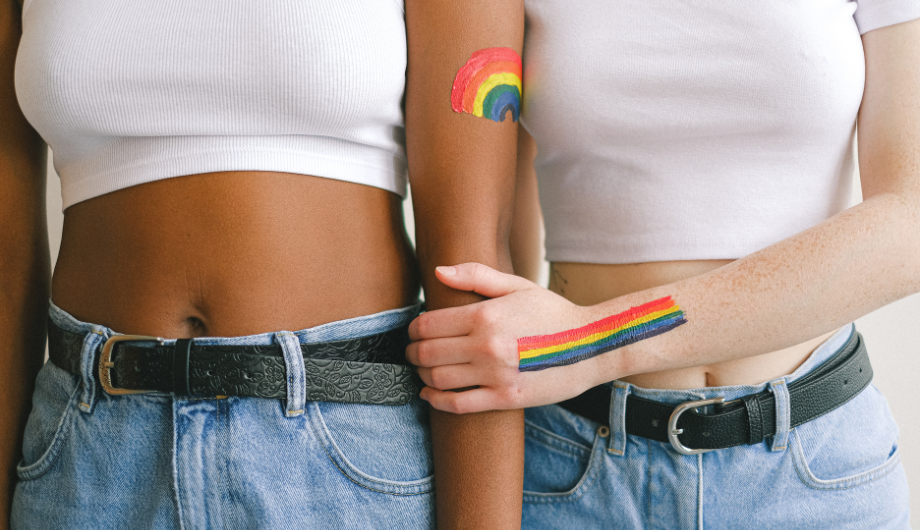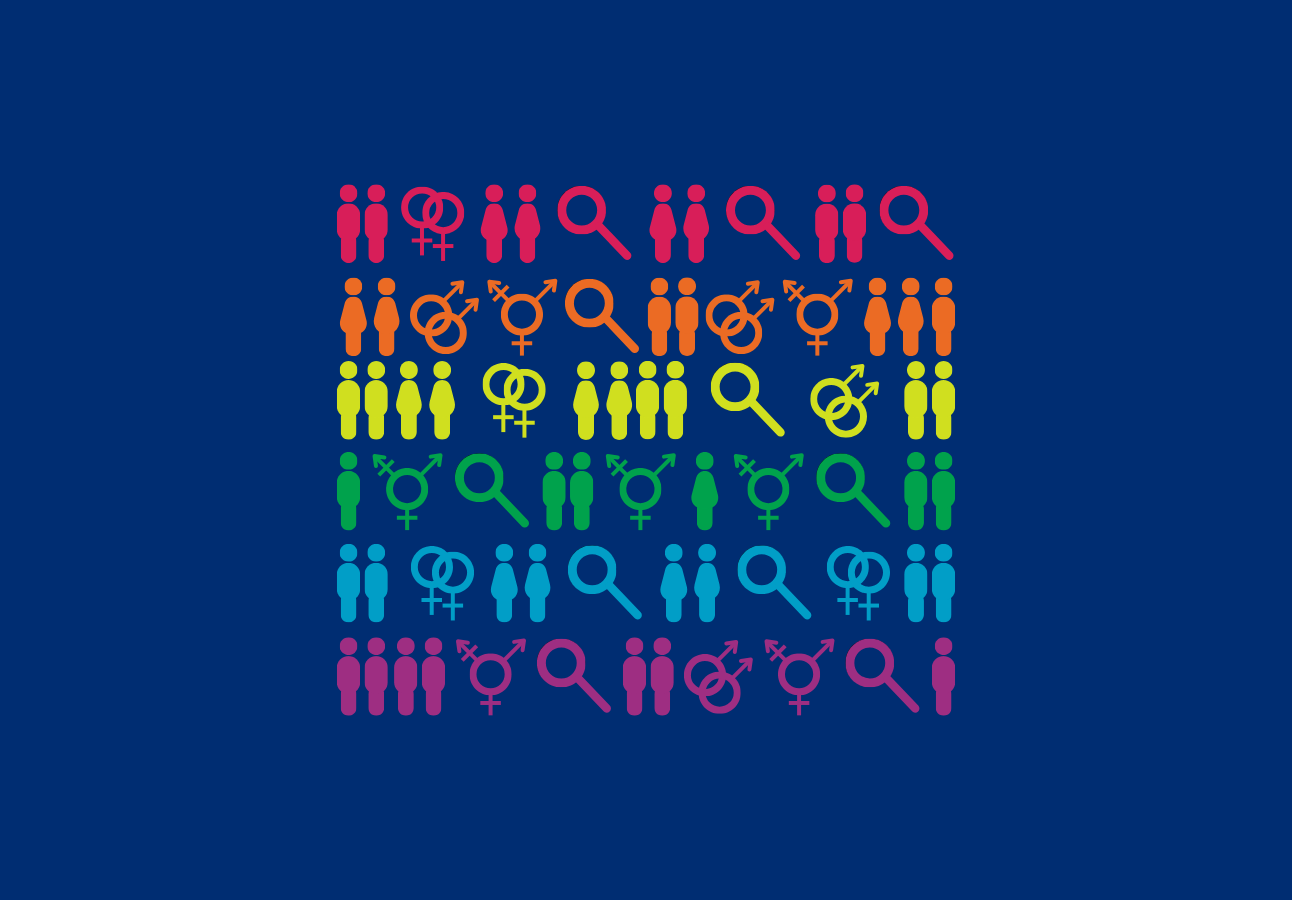
Supporting LGBT+ survivors of sexual violence
Bev Higgins and Mark Sisterson are LGBT+ Independent Sexual Violence Advocates (Isvas) at The Rape and Sexual Violence Project in Birmingham. In this blog, Bev and Mark describe some of the issues that LGBT+ people may face when reporting sexual violence, and share some good practice advice.
Rape, sexual assault & sexual abuse are experienced by a significant percentage of the population and are prevalent in the LGBT+ community too. Several studies have suggested that LGB&T young people and adults are at higher risk of physical, emotional and sexual violence compared to heterosexual, cisgendered people, and Stonewall figures show that 26% of LGBT+ people have received unwanted sexual contact.
Acknowledging that you are being sexually abused or have been raped is hard enough, but even harder when trying to talk to someone to get help. You may be afraid of accessing support if you have previously experienced discrimination for being LGBT+. Having to explain and justify yourself in terms of your sexuality or gender is an added pressure on top of the traumatic ordeal of disclosing a sexual assault. Homophobia and transphobia are still rife even in 2018, so accepting your own sexuality or gender identity can be a difficult thing to work through. Wider society is heteronormative and gender binary; any deviation from what is considered normal can become a target of hate. This can be due to fear, misunderstanding or intolerance. Stonewall figures show that the number of LGBT+ people who have experienced a hate crime or incident in the last year has risen by 78% from 2013 to 2017 and four in five LGBT people (81%) who experienced a hate crime or incident didn’t report it to the police.
It can be frightening to think that you will not be accepted by the important people in your life. Even within the LGBT+ community there can be some difficulties being open and accepted. Often perpetrators of sexual violence use this fear of being outed to exploit and keep abusing their victims. Sometimes people are so afraid of others finding out about their LGBT+ identity they struggle to access or engage with LGBT+ venues/services. This can lead to increased isolation and vulnerability to sexual perpetrators.
There is little sex and relationships information for the LGBT+ community. It should be an integral part of education within schools. Children may not be aware of why they feel different and trying to conform to a heterosexist, gender binary society may be difficult. LGBT+ young people are exploring and self-educating via the internet or through older LGBT+ people and may be more vulnerable to sexual abuse as a result. Understanding the LGBT+ culture itself can be difficult even when you are part of it. Different terminology is used which can lead to confusion and issues around consent. A lack of understanding may lead to people getting into sexual situations they didn’t intend.
Child sexual exploitation, gang affiliation and sex work all affect the LGBT+ community too. Young gay people can be trafficked and abused, gangs can target and rape LGBT+ people, sex work may be used to fund transitioning hormones & operations.
Trans* individuals experience a significantly high level of sexual violence hate crime. There can be a lot of internal homo/trans phobia projected onto partners. Society is often very intolerant of trans* people, and so they feel they are perceived as disgusting and worthless and are at risk of potentially more degrading, violent acts as the perpetrators justify their behaviour to themselves. This has huge implications for mental health; 48 % of trans people under 26 said they had attempted suicide, 59% had at least considered doing so. (Risk and Resilience Explored (RaRE) Report, 2015)
Trans* people can have body dysmorphia and body loathing of the wrong genitals which is exacerbated when targeted in sexual abuse. This is humiliating to the individual; a part of the body they hate is violated and responsible for even more trauma.
Sexual abuse of any nature is a hidden problem and a difficult issue to talk about. The LGBT+ community often are overlooked, misunderstood and can face prejudice. Fear of discrimination can lead to an avoidance of speaking to professionals when seeking support. It is essential that all professionals are respectful and provide a safe, non-judgemental space to people of all sexualities & gender identities. And crucial that they are sensitive to someone’s identity, seeing the person not the label.
Recognise that LGBT+ individuals are born as the people they are, it is not a choice and they need support to enable them to be true to who they are. Challenge any inappropriate attitudes or misunderstandings that arise from other professionals. With trans* clients use the name and pronouns they present with. If for official paperwork birth gender & name need to be recorded please explain this. And if you don’t understand any issue with a client – don’t be afraid to politely ask them.
The Rape & Sexual Violence Project
Supporting people so they can live in a world free from sexual violence and abuse and supporting and inspiring people to live confident hopeful futures after abuse.
Charity Numbers: 508669 & 1134387
You may also be interested in


